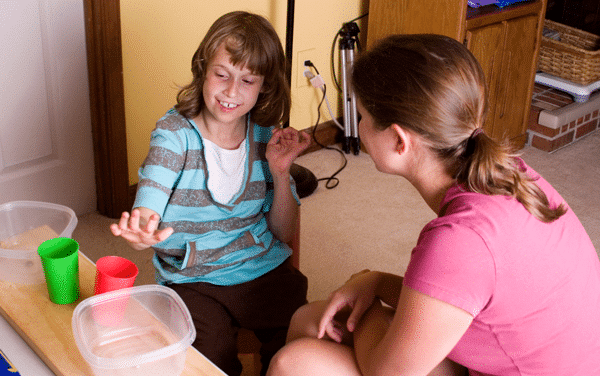Occupational Therapy Appreciation

Occupational therapy (OT)? Hmm” wait, I think I do pretty good at my job. Did someone say that I needed help? Is my boss here today? Oh silly, that isn’t what we are talking about at all. In this context, occupations refer to daily activities such as eating, dressing, bathing, writing, etc. While occupational therapy might help you get back on the job, OT’s are mainly concerned with helping patients return to daily life.
Daily life creates a variety of hurdles for children with developmental disabilities, adults with neuromuscular conditions and anyone recovering from an injury. OT’s provide evaluation and support for individuals of all walks of life and of all ages; they understand that it isn’t just about what their clients need to do on any given day, but what they want to do.
At Interactive Metronome® (IM), we understand the demands put on occupational therapists and their assistants. Therapy is hard. It is frustrating. It can be embarrassing. Often, it is painful. Therapists are literally trying to help people take their lives back, and it may take clients months or years to fully recover. That could leave clients feeling depressed and physically, emotionally and mentally worn out. However, this is a great opportunity for OT’s to really push their client’s training to the next level.
When times get tough, it can be easy for clients to lose motivation or blame the therapist for not curing them sooner. Even if someone only needs a few weeks of relatively minimal, specialized training, they must be assured that their time will not be wasted. Having an evidence based, research backed and clinically tested program is essential; clients need to know what options will work and they must trust their therapist to choose the best.
Regardless of the situation, occupational therapist actually must be a part time biomedical technology expert and part time social psychologists. Fancy bells and whistles are nice, but when it boils down to it, it is all about the sociocultural health of each person in the community. Whether a program cost $10 or $10,000, it only matters if it works. Does IM work? You bet!
Don’t take our word for it. Your fellow healthcare professionals love to share their successes with IM! Check out some of our success stories here. These folks were able to return to their jobs, churches, families and friends with IM. Quite simply, they started living again.
Share your success stories with us! We want to hear them in the comments, on Facebook, by email or on the phone. Nothing brightens our day like hearing that we were able to help somebody take their life back.
